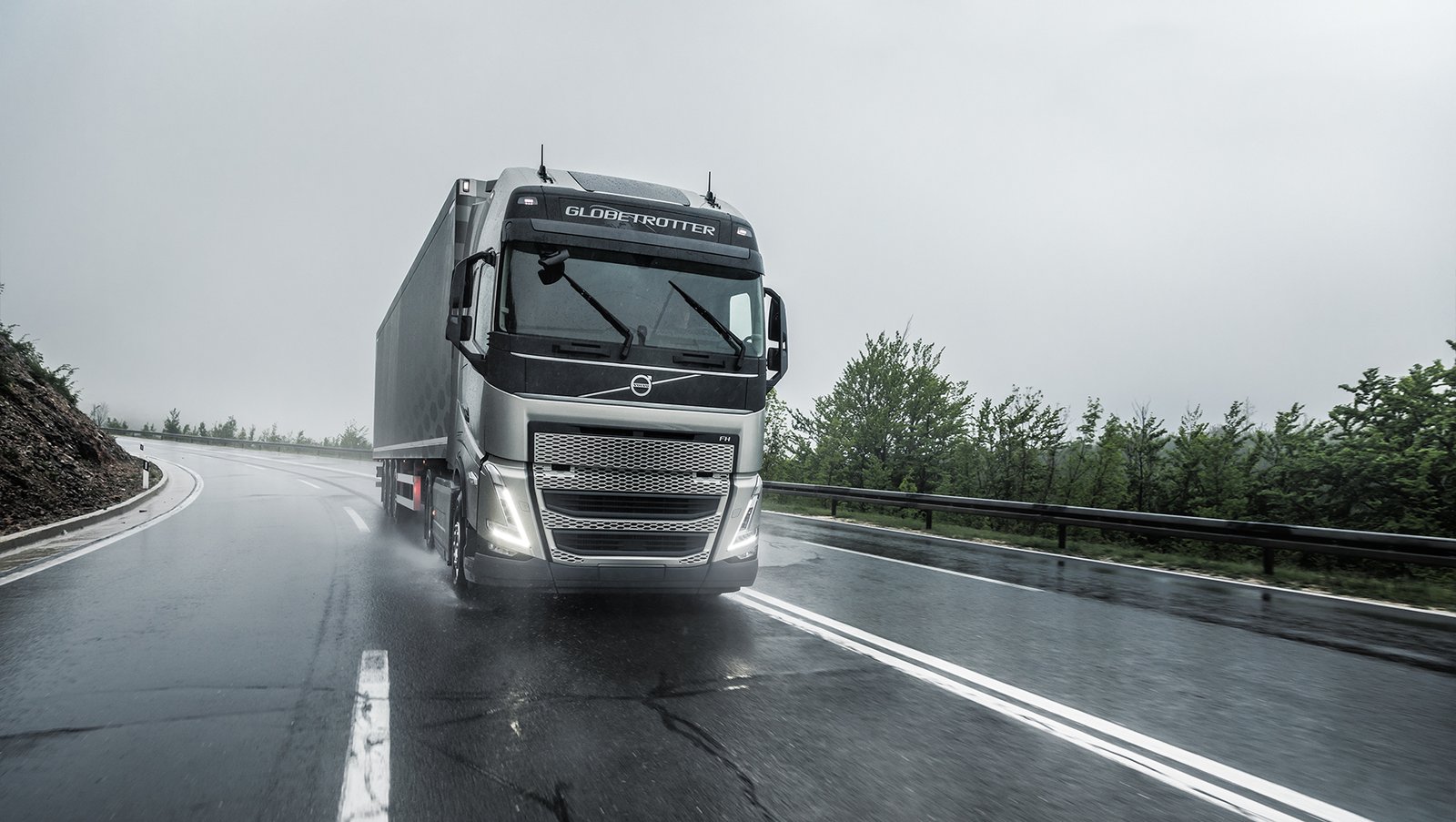The trucking industry is the backbone of the American economy, ensuring the delivery of goods across vast distances. For truck owners and operators, securing the right insurance is crucial not only for compliance with legal requirements but also for protecting their assets and livelihood. In this blog post, we will delve into the essentials of truck insurance in the USA, covering the types of coverage available, factors that influence premiums, and tips for finding the best policy.
Types of Truck Insurance Coverage
Truck insurance policies are tailored to cover the unique risks associated with commercial trucking. Here are the primary types of coverage available:
- Primary Liability Insurance: This coverage is mandatory for all commercial trucks and covers bodily injury and property damage that you may cause to others in an accident. It ensures you meet legal requirements and provides financial protection in case of lawsuits or claims.
- Physical Damage Coverage: This includes both collision and comprehensive coverage. Collision insurance pays for damage to your truck resulting from collisions with other vehicles or objects. Comprehensive coverage protects against non-collision incidents such as theft, vandalism, fire, and natural disasters.
- Motor Truck Cargo Insurance: This coverage protects the freight or cargo you are hauling in case it is damaged or lost due to covered perils such as accidents, theft, or fire. It is essential for carriers transporting valuable goods.
- Bobtail Insurance: Also known as non-trucking liability insurance, this covers your truck when it is being driven without a trailer, typically during non-business use or when the truck is not under dispatch.
- General Liability Insurance: This provides coverage for accidents that occur off the road, such as at your business premises or during the loading and unloading of cargo. It protects against various risks that are not covered by primary liability insurance.
- Trailer Interchange Insurance: This coverage is necessary if you are using a trailer interchange agreement and need to insure trailers owned by others while they are in your possession.
Factors Influencing Truck Insurance Premiums
Several factors affect the cost of truck insurance premiums. Understanding these can help you manage your costs effectively:
- Driving Record: A clean driving record with no accidents or violations can significantly lower your insurance premiums. Insurers view safe drivers as lower risk.
- Type of Cargo: The nature of the goods you transport can impact your insurance costs. Hauling hazardous materials, for instance, can lead to higher premiums due to the increased risk.
- Experience and Age of Drivers: Experienced drivers with a history of safe driving typically attract lower premiums. Conversely, younger or less experienced drivers may face higher rates.
- Mileage and Routes: The distance your trucks travel and the routes they take can influence your premiums. Long-haul routes and routes through high-risk areas can result in higher costs.
- Type and Condition of Trucks: Newer trucks with advanced safety features may qualify for lower premiums, while older trucks or those in poor condition may cost more to insure.
- Deductibles and Coverage Limits: Choosing higher deductibles can lower your premium, but it also means you’ll pay more out-of-pocket in the event of a claim. Similarly, higher coverage limits provide more protection but come with higher premiums.
Tips for Finding the Best Truck Insurance Policy
- Shop Around: Compare quotes from multiple insurance providers to find the best rates and coverage options. Each insurer assesses risk differently, so shopping around can help you secure a better deal.
- Work with a Specialist: Consider working with an insurance agent or broker who specializes in commercial truck insurance. They can help you navigate the complexities of coverage and find a policy that meets your specific needs.
- Review Your Coverage Regularly: As your business grows and changes, your insurance needs may also evolve. Regularly review and update your coverage to ensure it continues to provide adequate protection.
- Invest in Safety: Implementing safety programs and maintaining your trucks can reduce your risk profile and potentially lower your premiums. Consider driver training programs and regular vehicle maintenance.
- Bundle Policies: If you have multiple insurance needs, such as general liability or property insurance, bundling these policies with the same provider can sometimes result in discounts.
Conclusion
Truck insurance is a critical component of operating a successful and compliant trucking business in the USA. By understanding the different types of coverage available and the factors that influence premiums, you can make informed decisions to protect your assets and manage your costs. Whether you’re an owner-operator or manage a fleet, securing the right truck insurance policy will provide the peace of mind needed to focus on the road ahead.
